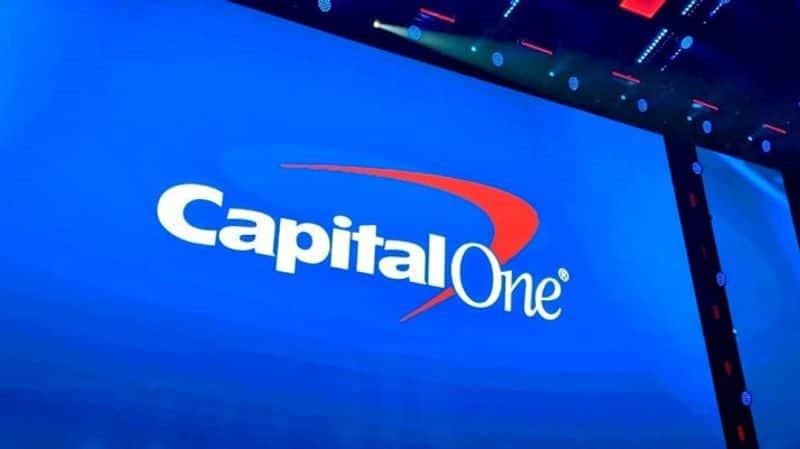
Capital One-Discover Deal: Two Of Largest Credit Card Companies In The United States Are Set To Merge
Strategic Alliance for Market Dominance
The merger aims to create a formidable payments network capable of rivalling industry giants like Visa, Mastercard, and American Express, according to Richard Fairbank, Chairman and CEO of Capital One.
Deal Terms and Ownership Structure
Under the agreement, Discover shareholders will receive 1.0192 Capital One shares for each Discover share, representing a significant premium of 26.6 percent over Discover's recent closing price. Post-merger, Capital One shareholders will hold a 60 per cent stake in the combined entity, with Discover shareholders retaining approximately 40 percent ownership.
Regulatory Hurdles and Challenges
The acquisition is anticipated to undergo regulatory approval by late 2024 or early 2025, amidst expectations of heightened scrutiny given the administration's emphasis on fostering competition, particularly in banking.
Jeremy Kress, a business law professor, told news agency Reuters that he foresees significant resistance and regulatory scrutiny for the deal, echoing concerns from Democratic progressives about increased systemic risk and reduced consumer lending opportunities.
Transformation of Financial Landscape
Upon completion, the merged entity is poised to ascend to become the sixth-largest US bank, leveraging the combined assets of both Capital One and Discover, as indicated by Federal Reserve data.
Despite overlaps in credit card business areas, the timing of the merger coincides with increased regulatory focus on credit card fees, driven by proposed rules from the Consumer Financial Protection Bureau (CFPB), under Rohit Chopra's leadership.
Discover's disclosure of improperly classified credit card accounts and commitment to enhancing consumer compliance underlines efforts to address regulatory concerns, which may alleviate some of the scrutiny surrounding the merger.
Both Discover and Capital One reported declines in fourth-quarter profits, reflecting broader industry challenges. However, the merger signals strategic positioning to navigate evolving market dynamics.
Legal Disclaimer:
MENAFN provides the
information “as is” without warranty of any kind. We do not accept
any responsibility or liability for the accuracy, content, images,
videos, licenses, completeness, legality, or reliability of the information
contained in this article. If you have any complaints or copyright
issues related to this article, kindly contact the provider above.

















Comments
No comment